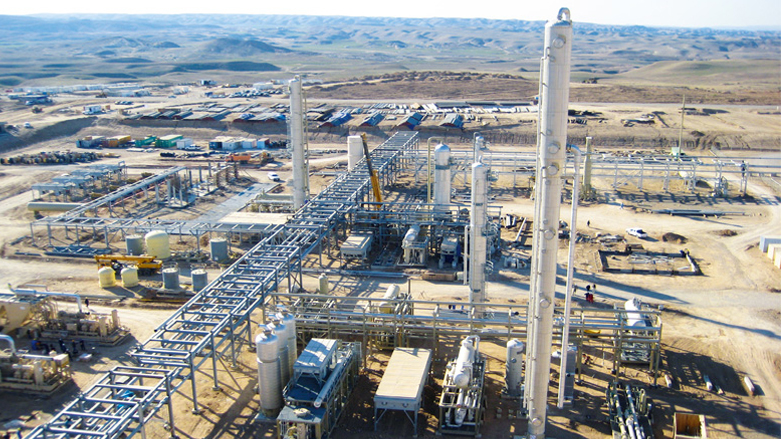Kurdistan Region judiciary rules KRG oil, gas dossier ‘constitutional’
The KRG has strongly refuted the court’s claim of “unconstitutionality”, noting that it had practiced its rights in accordance with the articles of the constitution.

ERBIL (Kurdistan 24) – The Kurdistan Region’s oil and gas dossier hasn’t contradicted the Iraqi constitution, said the autonomous region’s highest judicial authority in a statement released on Tuesday.
The Kurdistan Regional Government’s (KRG) deals and operations in the oil and gas sector and the Kurdish hydrocarbons law issued in 2007 are “consistent” with the Iraqi constitution, said Chief Judge Abdul Jabbar Aziz Hassan.
Furthermore, the judiciary said the management of oil and gas affairs is not one of the “exclusive authorities” of the federal government per Article 110 of the constitution, the statement added.
Article 112 of the constitution stipulates that the “present fields” of oil and gas shall be managed jointly by the regional and federal governments. The council’s interpretation of the term “present fields” refers to sites discovered and known about when the constitution was drafted back in 2005. In other words, any field found after that year shall be managed by the KRG.
Tuesday’s statement was made in response to the Iraqi Federal Supreme Court ruling that the Kurdistan Region’s oil and gas deals are “unconstitutional”.
The KRG has strongly refuted the court’s claim of “unconstitutionality”, noting that it had practiced its rights in accordance with the articles of the constitution.
Kurdistan Region Prime Minister Masrour Barzani has defended the legality and constitutionality of the dossier on several occasions and reiterated that outstanding problems between Erbil and Baghdad should be resolved through dialogue.
